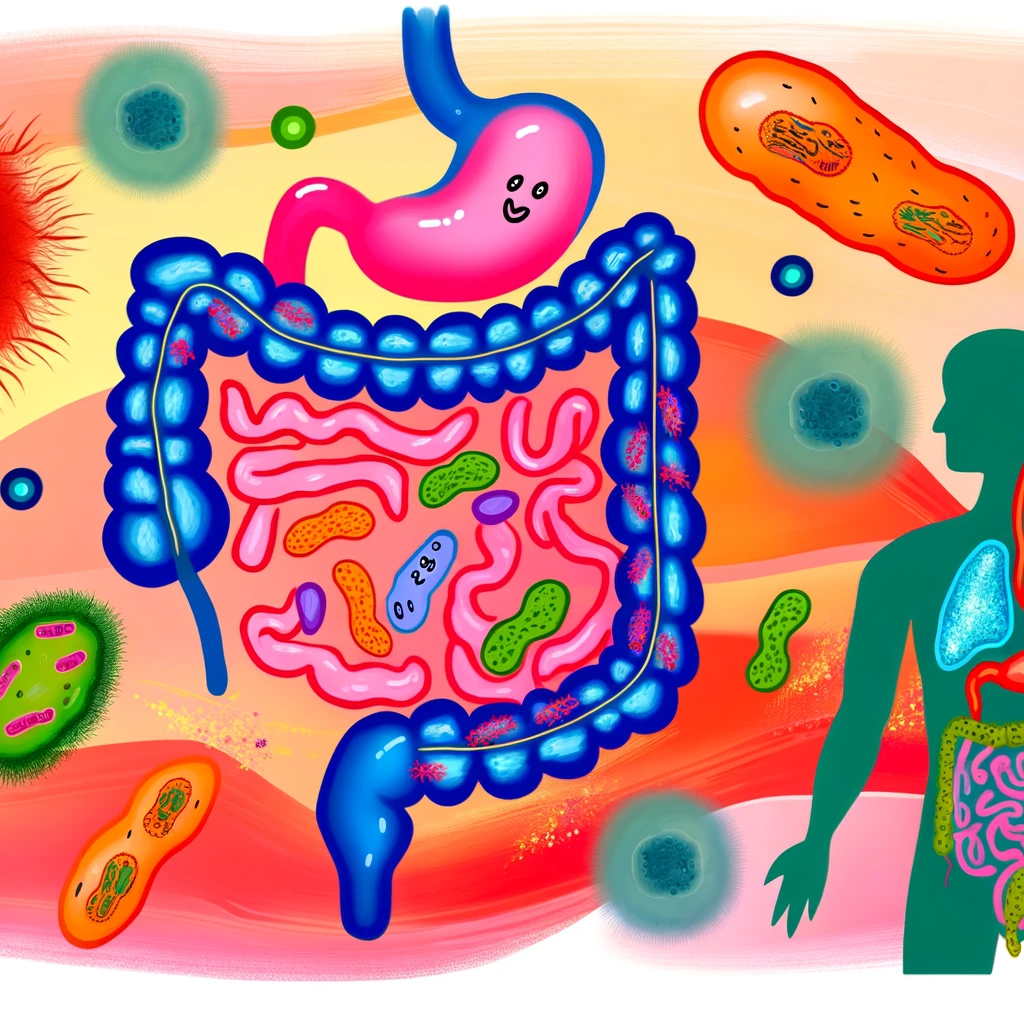
Unlocking the Secrets of Gut Health: The Key to Boosting Your Immune System
The human gut is home to trillions of microorganisms that play a crucial role in maintaining our overall health. Among its many functions, a healthy gut is pivotal in supporting and boosting our immune system. Understanding the relationship between gut health and immunity can unlock new pathways to improve our well-being.
Understanding Gut Microbiota
The gut microbiota is a complex community of bacteria, viruses, fungi, and other microorganisms residing in the digestive tract. Each individual has a unique microbiota composition that begins forming at birth and evolves with diet, lifestyle, and environmental exposures. These microorganisms are not just passive inhabitants; they engage in vital processes such as aiding digestion, producing vitamins, and regulating the immune system.
The Gut-Immune Connection
Approximately 70% of the immune system resides in the gut, making it a major player in immune function. The gut microbiota interacts with immune cells, influencing their development and activity. A balanced gut microbiota helps train the immune system to distinguish between harmful pathogens and benign substances, reducing the risk of overactive immune responses that can lead to allergies and autoimmune diseases.
Factors Influencing Gut Health
Several factors can impact gut health, including diet, antibiotic use, stress, and environmental toxins. A diet rich in fiber, fermented foods, and diverse plant-based foods supports a healthy microbiota. Conversely, high intake of processed foods and excessive antibiotic use can disrupt the gut environment, leading to dysbiosis, an imbalance in the microbial community.
Dietary Choices for a Healthy Gut
- Fiber-rich Foods: Whole grains, fruits, and vegetables provide prebiotics that feed beneficial gut bacteria.
- Fermented Foods: Yogurt, kefir, sauerkraut, and kimchi introduce probiotics that enhance microbial diversity.
- Hydration: Adequate water intake supports digestion and nutrient absorption.
- Limit Processed Foods: Minimize added sugars and unhealthy fats to maintain a balanced gut environment.
Lifestyle Factors and Gut Health
Beyond diet, lifestyle choices significantly impact gut health. Regular physical activity can enhance gut microbiota diversity and function. Managing stress through mindfulness practices like meditation and yoga is crucial, as chronic stress negatively affects gut health. Sufficient sleep is also vital, as irregular sleep patterns can disrupt gut microbiota balance.
The Role of Probiotics and Prebiotics
Probiotics are live beneficial bacteria that can be consumed through supplements or fermented foods, while prebiotics are non-digestible fibers that feed these bacteria. Together, they support a healthy gut environment and can improve immune responses. Consulting with a healthcare provider can help determine the most suitable probiotic strains and prebiotic sources for individual needs.
Conclusion: Embracing Gut Health for Immunity
Unlocking the secrets of gut health is essential for boosting the immune system. By nurturing a diverse and balanced gut microbiota through diet, lifestyle changes, and potentially probiotics and prebiotics, individuals can enhance their immune defenses. Embracing gut health not only supports immunity but also contributes to overall physical and mental well-being.
As research continues to unveil the complexities of the gut-immune connection, adopting a gut-friendly lifestyle is a proactive step towards a healthier future.
